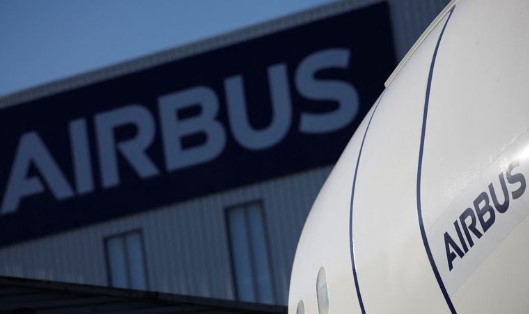Boeing’s reign in the skies has come to an end—at least in one key metric. For the first time in aviation history, European rival Airbus has overtaken the American giant in total deliveries of single-aisle jets, officially ending Boeing’s dominance in a category it pioneered more than fifty years ago.
According to data released by both manufacturers, Airbus has now delivered 12,257 units of its A320 family aircraft, surpassing the Boeing 737’s total of 12,254. This milestone marks a symbolic turning point, given that the 737 entered service two decades earlier, back in 1968.
The shift is not just a matter of numbers—it reflects a deeper transformation in the balance of power within the fiercely competitive aviation industry. The 737 has long been Boeing’s flagship narrow-body jet, a mainstay for global airlines. But the catastrophic fallout from the 737 MAX crisis severely damaged the company’s standing and disrupted its momentum.
The twin tragedies of 2018 and 2019, which claimed 346 lives, led to a worldwide grounding of the 737 MAX for nearly two years. The aftershocks of that crisis continue to ripple through Boeing’s operations. As of now, the company’s production remains restricted to 38 aircraft per month, a limit imposed by the Federal Aviation Administration following a fresh safety incident involving a 737 MAX 9 in early 2024.
Boeing aims to gradually lift that cap—targeting 42 planes a month by the end of 2025, with hopes of further increases in 2026. In the meantime, it’s racing to restore confidence by tightening quality controls and conducting frequent internal audits. Despite the setbacks, the company reached a noteworthy milestone in September with the delivery of its 2,000th 737 MAX, handed over to Ryanair.
Airbus, while not without its own challenges, has seized the opportunity. The Toulouse-based manufacturer has faced engine supply issues that continue to weigh on A320 production rates. Yet, it has managed to maintain strong output, fueled by surging global demand and a decentralized industrial strategy that leverages facilities across multiple continents.
Launched in 1988, the A320 has now emerged as the best-selling single-aisle aircraft in the history of commercial aviation. This shift has been building for years—Airbus has gradually closed the gap through sustained performance, turning the narrow-body race into a more balanced rivalry.
So far in 2025, Airbus has delivered 488 aircraft, slightly ahead of Boeing’s 440. And while Airbus may now lead in single-aisle deliveries, Boeing still commands a vast order book. The American firm holds over 6,500 orders—valued at more than $600 billion—giving it a strong foundation for the years ahead.
Still, the long-term outcome is far from settled. With manufacturing constraints, stricter safety regulations, and growing environmental pressure reshaping the industry, the next decade will likely determine which company becomes the undisputed leader of the skies.





